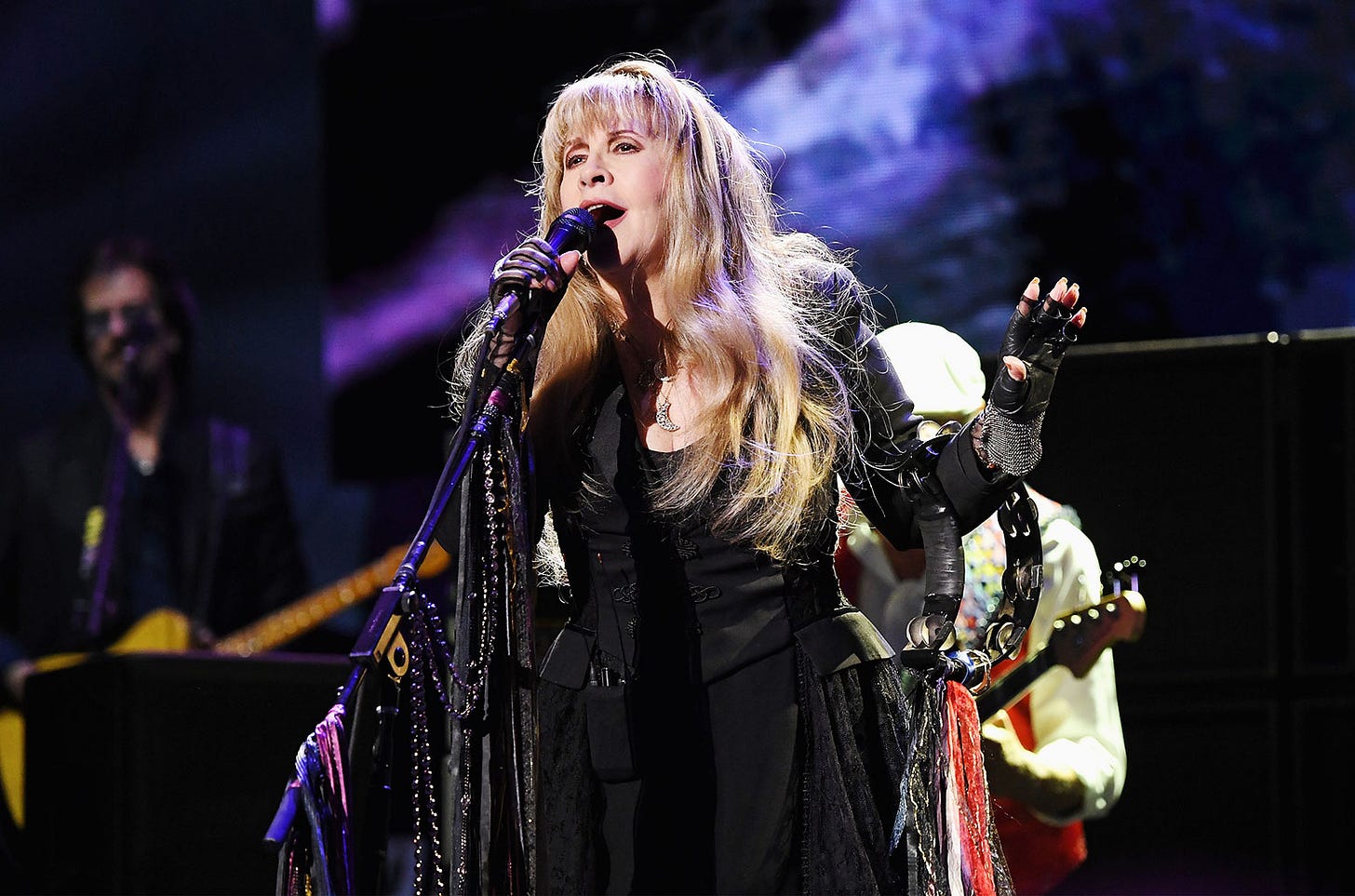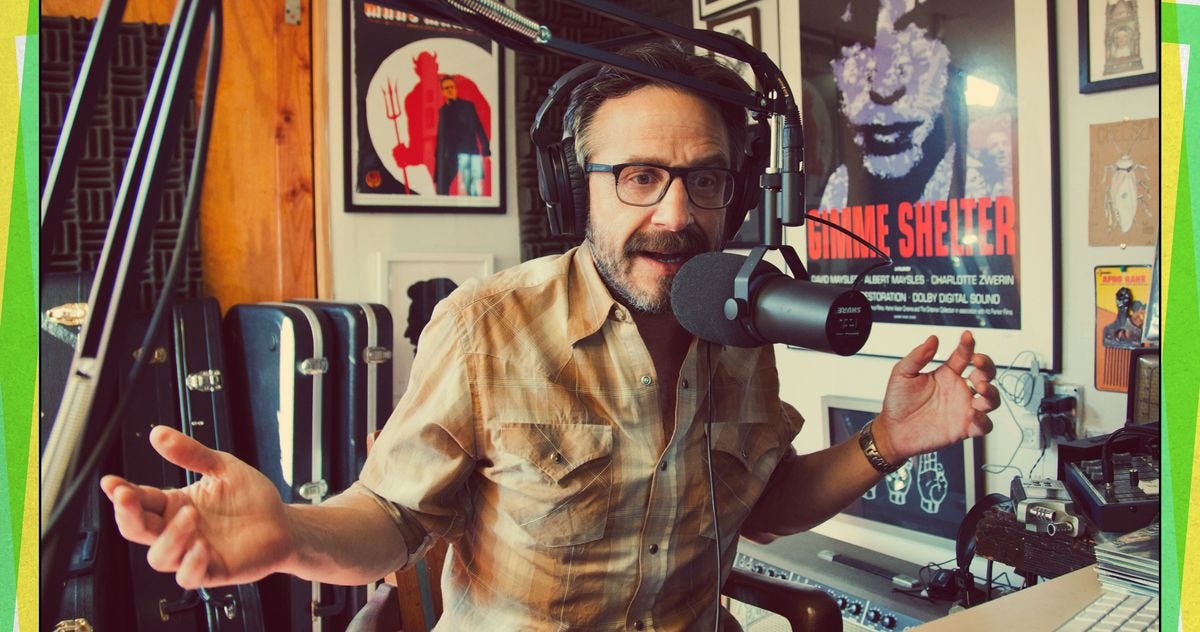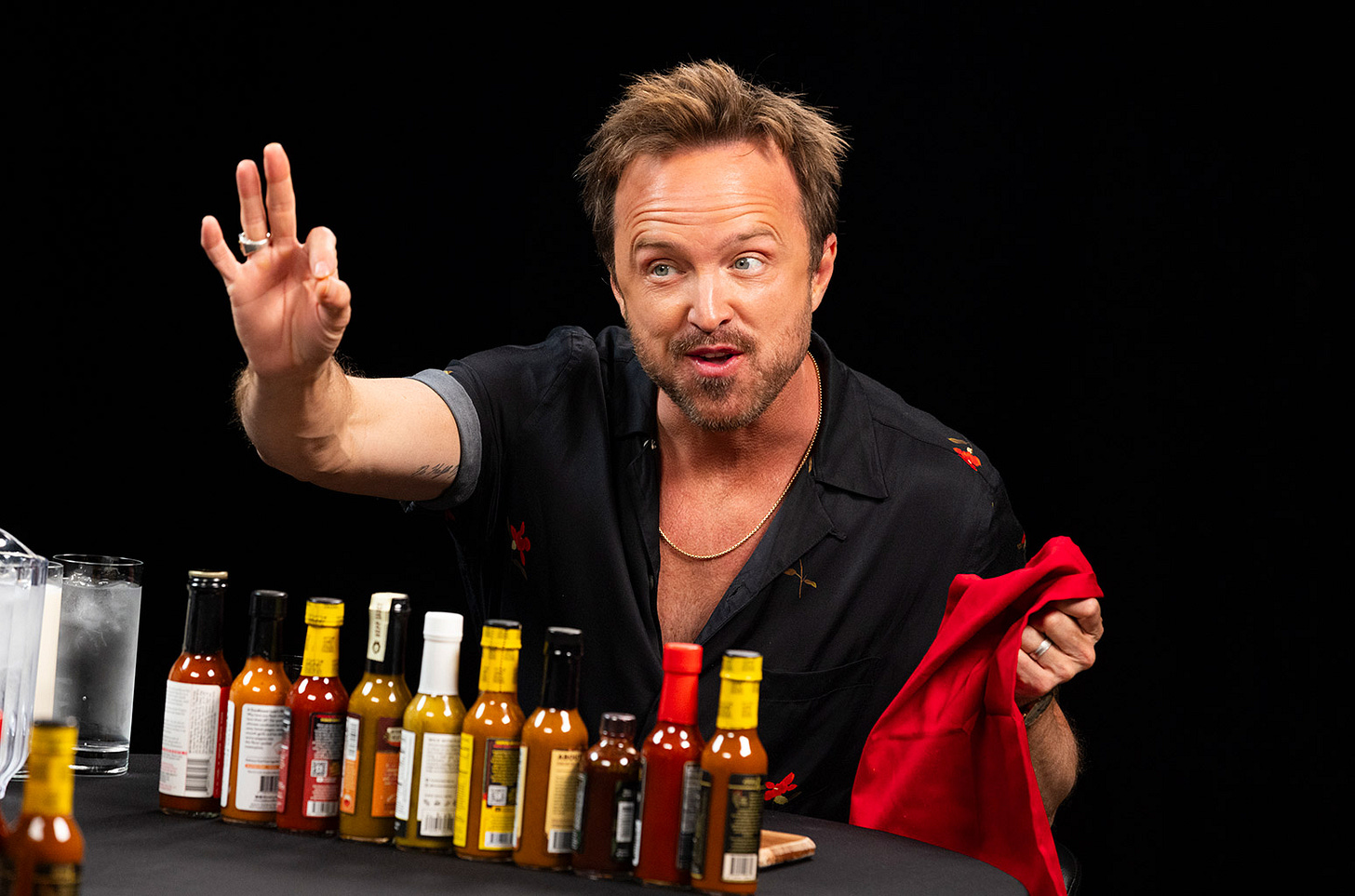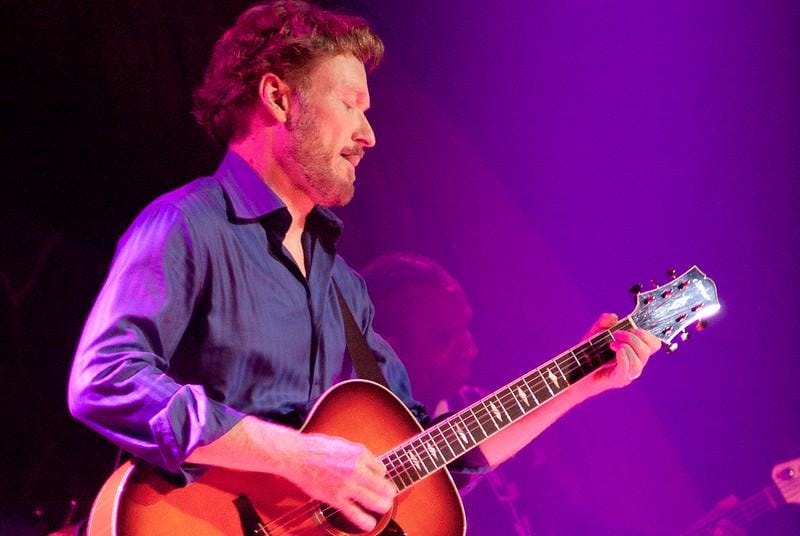Landslide
Getting older and bolder
A few days ago I was listening to the radio in my car when an old classic came on: “Landslide.” The original was by Fleetwood Mac, but this was the excellent 1994 cover by the Smashing Pumpkins. I’ve long been a fan of Billy Corgan’s interpretation—he wears his heart on his sleeve with his imperfect voice, alternating between a whisper and a boyish whine that makes the lyrics really resonate.
In either version, the melancholic chorus always gives me chills:
Well, I've been afraid of changin'
'Cause I've built my life around you
But time makes you bolder
Even children get older
And I'm getting older too
Many people naturally assume this song is about a break-up, and Stevie Nicks did write this song during a rocky relationship with her bandmate Lindsey Buckingham. However, the backstory is as much about her professional life as her romantic one. She and Lindsey had just released their debut album Buckingham Nicks. Despite a big production and tour in support of their record, it flopped. She talks about how she felt in this interview:
And it was horrifying to Lindsey and I because we had a taste of the big time, we recorded in a big studio, we met famous people, we made what we consider to be a brilliant record and nobody liked it (laughs). I had been a waitress and a cleaning lady, and I didn’t mind any of this. I was perfectly delighted to work and support us so that Lindsey could produce and work and fix our songs and make our music. But I had gotten to a point where it was like, “I’m not happy. I am tired. But I don’t know if we can do any better than this. If nobody likes this, then what are we going to do?”
That reframes “I’ve built my life around you” to not simply refer to her partner, but also the dream of being a successful musician. I can relate: For the past two decades, I built my life around veterinary medicine and science, much of that time specifically in the small niche of clinical pathology. The thought of an abrupt career change is frankly terrifying, and infused with sorrow.
What I should remember—at the risk of repeating cliches—is that every ending is a new beginning. As we all know, Stevie Nicks’ story did not end there. During one leg of the ill-fated tour in Aspen, Colorado, she was staring out at the Rockies when inspiration struck:
So during that two months I made a decision to continue. “Landslide” was the decision. [Sings] “When you see my reflection in the snow-covered hills”—it’s the only time in my life that I’ve lived in the snow. But looking up at those Rocky Mountains and going, “Okay, we can do it. I’m sure we can do it.” In one of my journal entries, it says, “I took Lindsey and said, We’re going to the top!” And that’s what we did.
After her initial folk duo failure, she and Lindsey joined the rock band Fleetwood Mac, putting out 17 albums over an incredible 50 year career. Their music has won multiple Grammy awards and they were inducted into the Rock and Roll Hall of Fame in 1998. With the benefit of hindsight, her crushing landslide looks more like a short break and pivot before ultimately finding success.
I’ve long been more fascinated by the winding careers of artists than typical white-collar professionals. Many of them have a similar moment like Nicks where things appear to have fallen apart before they discover what they were really supposed to be doing all along.
In 2009, comedian Marc Maron’s career was over. While he was a widely-respected comic who frequented late night shows and alt comedy clubs, Maron’s stand-up never really took off; he acknowledges being resentful of peers like Louis CK and Sarah Silverman who found fame and riches. His radio show on Air America was cancelled, just like several video webseries. To top it off, he was broke after divorcing his second wife Mishna Wolff. So you can understand why people thought he was circling the drain when he started a no-budget podcast called WTF with Marc Maron in his home:
“No one knew what a podcast was. I was coming out of a horrendous divorce. I was wanting to figure out how to continue living my life. Things were not looking good for me,” he explained on WTF. “There was no way to make money. There was no way that we knew how to build an audience or anything. And it was crazy. We were doing it in a garage at the beginning. That was just a garage. It was filled with junk.”
Over the next few years, WTF started attracting devoted fans. His early episodes were intimate conversations with fellow indie comics like Janeane Garofalo, David Cross, and Maria Bamford. I started listening to him during my internship in 2012, and loved his raw honesty discussing his personal struggles, and the way he was able to coax guests into revealing themselves. Soon, Marc was booking bigger stars like Robin Williams, and Barack Obama even sat down for an interview in his now-famous garage in 2015.
Since the success of his podcast, his career began a second act, with a series of hit comedy specials, and starring in movies and the Netflix show Glow. Sadly, Maron recently told listeners he would be ending the WTF podcast this fall after 16 years. He cited burnout and not wanting to let the quality of his show dip as a result. I thank Marc for the years of entertainment and comfort and wish him all of the best of luck.
Another artist who thought they were finished before their breakout is Aaron Paul. On a recent episode of Hot Ones, he talked about his early struggles as a working actor in LA. After moving from Idaho in a 20-year old car and a few thousand dollars in savings, he scraped by doing commercials and small bit parts on shows while auditioning for bigger roles. He repeatedly missed landing the lead in several TV pilots in the early 2000s.
One particular heartbreaker in 2006 was called The Class, it was made by the same people who created Friends and supposed to be the next big thing. Paul was depressed and jealous as he watched that show air, but The Class only lasted one season and was not particularly memorable. However, that rejection meant he was able to take a small role in a 7-episode drama about a high school teacher on basic cable in 2007.
It was called Breaking Bad, and is considered one of the greatest TV series of all time, with Paul’s character Jesse Pinkman being the beating heart of the show.
“If I would have done that show [The Class], I wouldn’t have been available to audition for Breaking Bad. So, you know, the point of the story: you never know what’s right around the corner.”
There are countless similar stories. Take Conan O’Brien, who was unceremoniously fired from The Tonight Show in 2010 before finding his footing with live music, travel shows, and of course, his own podcast. Think Arnold Schwarzenegger pivoting from bodybuilding into acting and then politics. Or Robert Downey Jr. overcoming drug addiction and legal problems to become a literal superhero with Iron Man (people love a good comeback story!)
As I approach midlife—my fortieth birthday is this summer—my “landslide” moment might just be the perfect gift: The opportunity to pause, reflect, and intentionally discover something that I wouldn’t otherwise have considered working for years on autopilot. I’ll be keeping my eyes open for any interesting opportunities, because as Aaron Paul said:
“You never know what’s right around the corner”
And now, for your listening pleasure, I’d like to close with “Landslide” by the Smashing Pumpkins:







Best of luck in your journey, Eric! And thank you for a thoughtful and reassuring post.
What a great entry! I've seldom enjoyed a Substack entry more. I used to play theme music for my intro geology class topics and "Landslide" was my choice at the start of slope stability; Grateful Dead's "Fire on the Mountain" preceded volcanoes. :)